In his speech, Yapıcıoğlu raised a series of pressing issues related to the situation in Palestine and expressed his profound concerns.
Yapıcıoğlu emphasized the urgent need for Turkey and other Islamic countries to sever all diplomatic relations with the zionist occupation regime, particularly advocating for the closure of military bases on their lands that are aligned with zionist interests. This call comes amidst the escalating tensions in the region and the worsening humanitarian crisis caused by israel's ongoing actions.
The chairman's speech took a critical stance on certain Turkish politicians who, in his view, failed to respond appropriately to the israeli aggression and voiced unwarranted support for the zionist regime. He highlighted the importance of maintaining a unified stance against israel's brutal actions in Palestine, drawing attention to the suffering and loss of innocent lives.
Yapıcıoğlu described the dire situation in Palestine, where the scale of violence and human suffering has reached unprecedented levels. He asserted that mere words cannot fully convey the magnitude of the brutality unfolding in the region. He decried the actions of the israeli occupation as a flagrant violation of international norms and values, and he questioned how the perpetrators could commit such heinous acts so openly and without restraint.
The Chairman stressed the importance of taking immediate steps to hold the israeli regime accountable for its actions. One of his key recommendations was the expulsion of zionist-aligned diplomats from Türkiye the severance of all diplomatic ties with Israel, if possible. He pointed to the recent summoning of the Turkish ambassador in Tel Aviv to Ankara as a positive step in this direction, suggesting that other Islamic countries should follow suit.
Yapıcıoğlu also underlined the presence of American military bases in various countries in the region and their potential contribution to the conflict. He urged for the closure of these bases, highlighting that the United States has not been a friend and ally to Türkiye and that it has been supporting Israel, which is responsible for the current massacres in Palestine.
The Chairman went further to encourage legal action against the perpetrators of the crimes in Palestine. He pointed to Article 17 of the Turkish Penal Code, which allows for the investigation of crimes against humanity anywhere in the world, emphasizing that these crimes should not go unpunished. He called upon the Ministry of Justice to request the initiation of investigations into these acts, given that they constitute crimes against humanity.
Yapıcıoğlu expressed his concerns about some individuals within Türkiye who seem to be indirectly supporting the israeli occupation and its crimes, calling them "secret zionists." He stressed that such actions are contrary to the values of the majority of the Islamic community and are aimed at providing cover for the israeli regime's crimes. He urged for a united front against these misleading narratives.
The Chairman also addressed the false attribution of blame to HAMAS for the escalation in violence. He argued that it is crucial to consider the broader context of the israeli occupation, which has lasted for 75 years. The suffering of the Palestinian people has continued for over a century, with multiple generations enduring hardships under the occupation.
He condemned the tendency to justify israeli aggression by suggesting that it is a response to HAMAS's actions. Yapıcıoğlu highlighted that the zionist regime's provocations at Al-Aqsa Mosque in Jerusalem, its desecration, and the ongoing violence against Palestinians are part of a pattern of aggression. He called on leaders and politicians to recognize the historical context of the conflict.
In closing, Yapıcıoğlu appealed to international mechanisms and organizations to act swiftly and decisively against the genocide and massacres committed by the zionist occupation regime. He specifically cited the International Criminal Court and urged that efforts be made to have these crimes tried within its jurisdiction.
The Chairman's comprehensive address encapsulated the grave concerns surrounding the situation in Palestine and the urgent need for international intervention and accountability. (ILKHA)
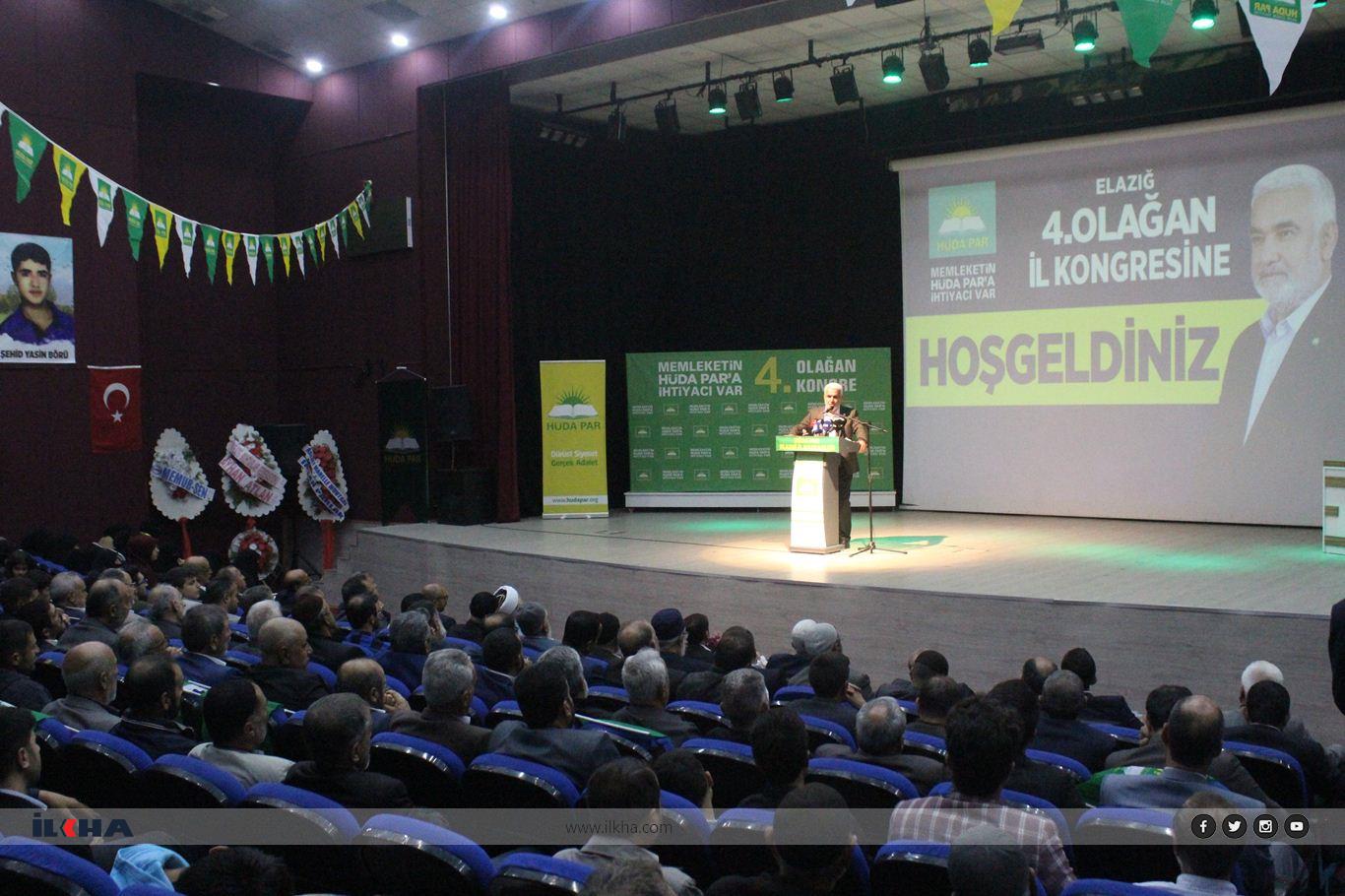
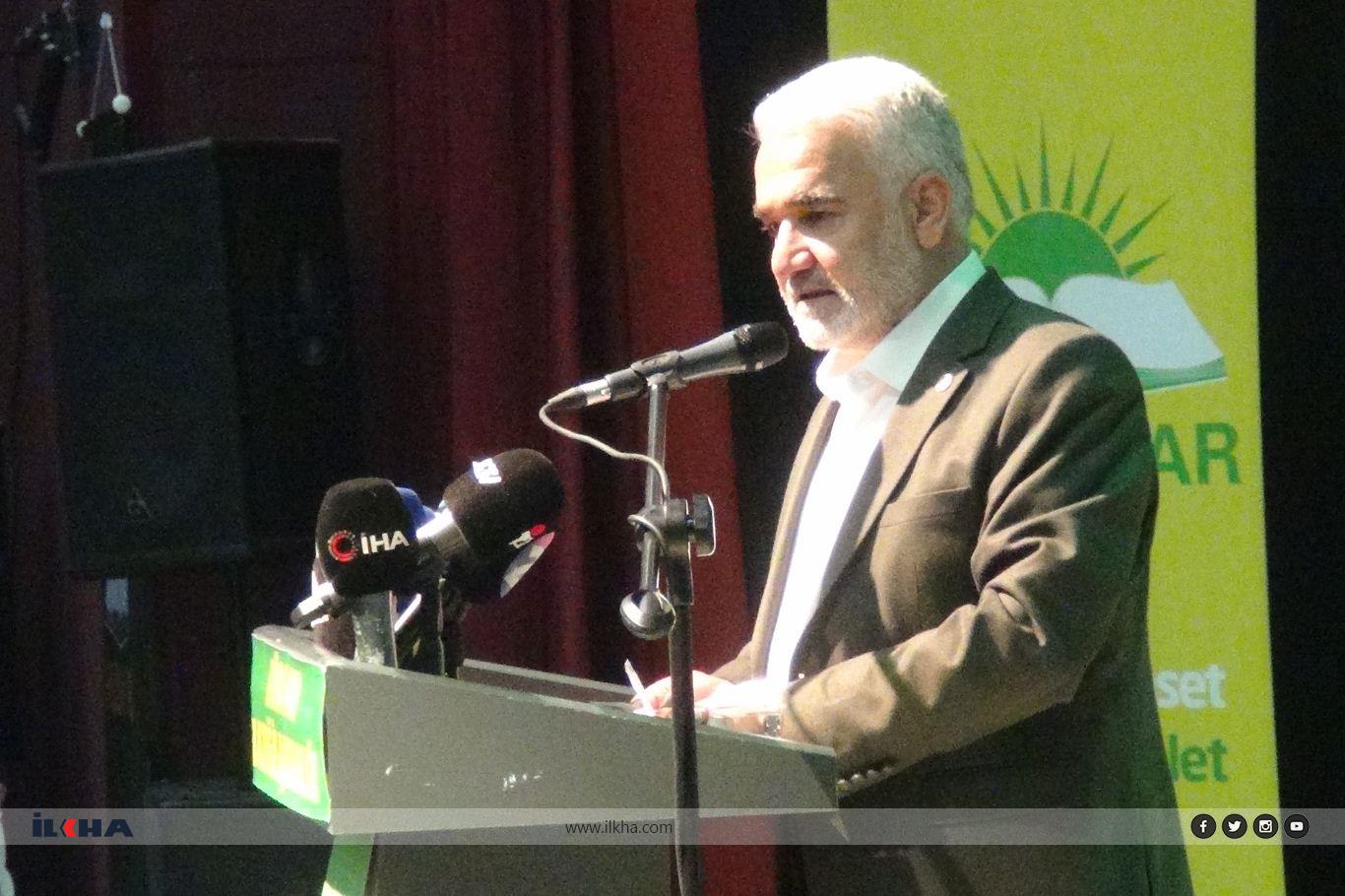
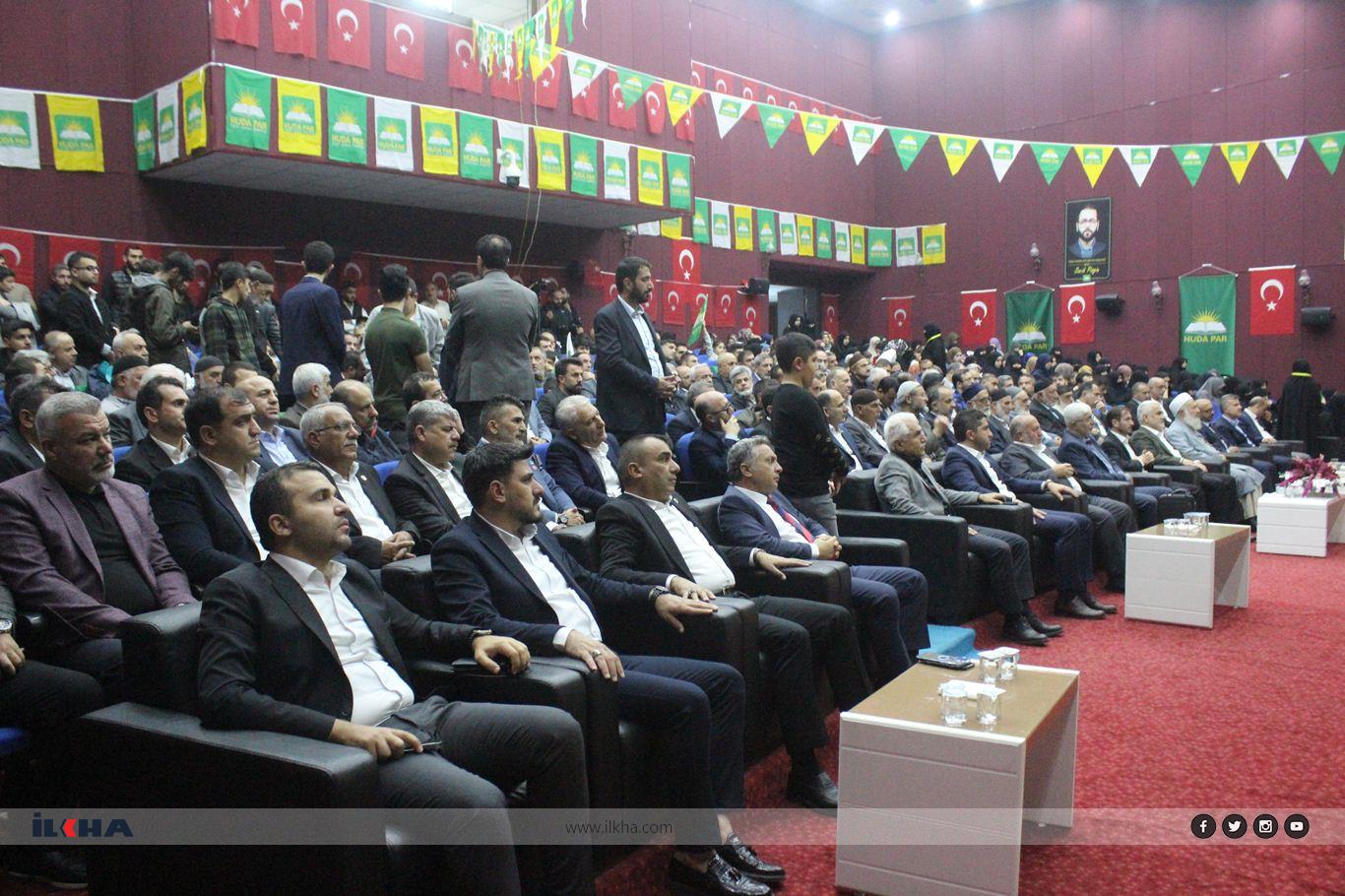
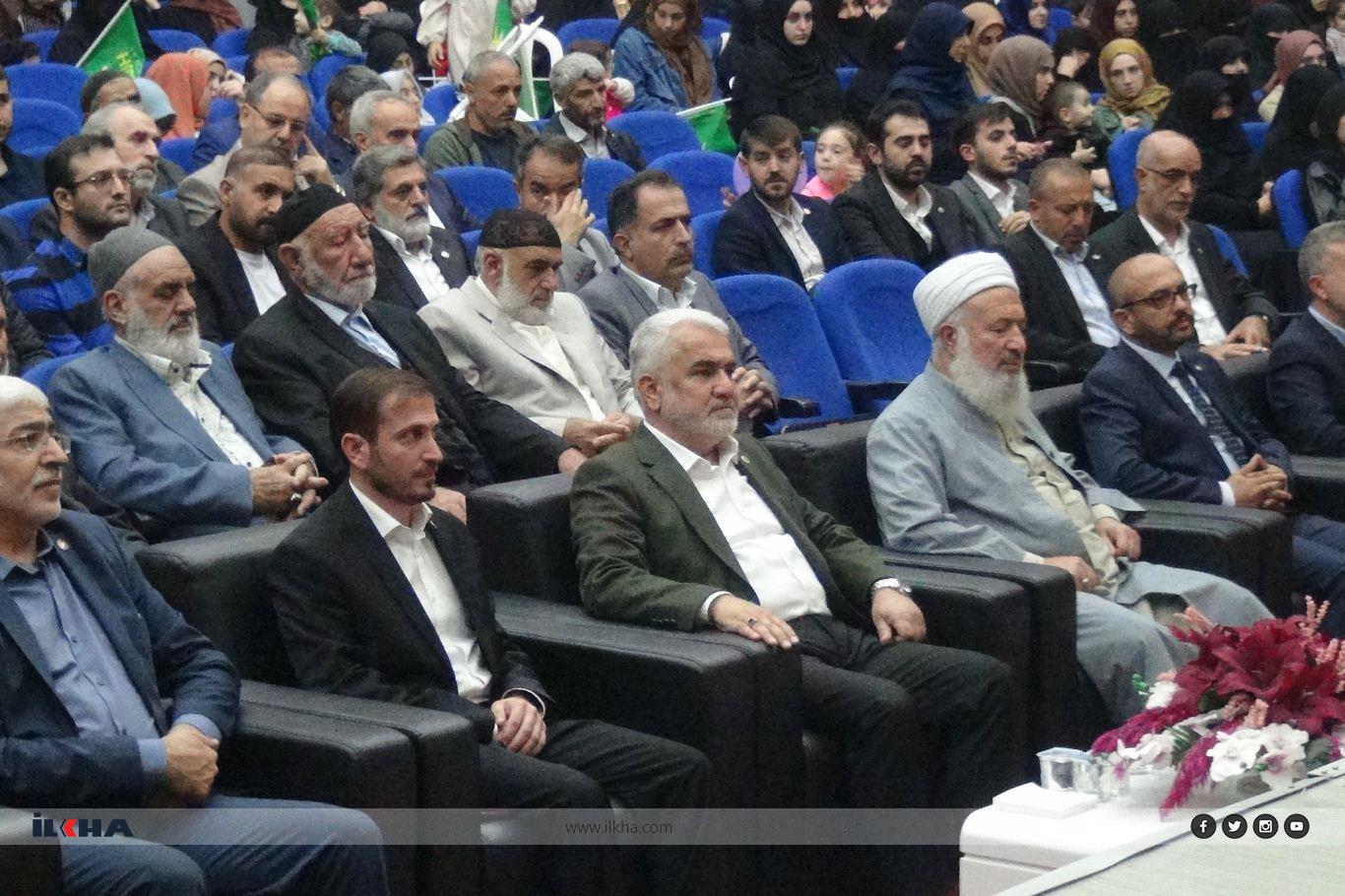
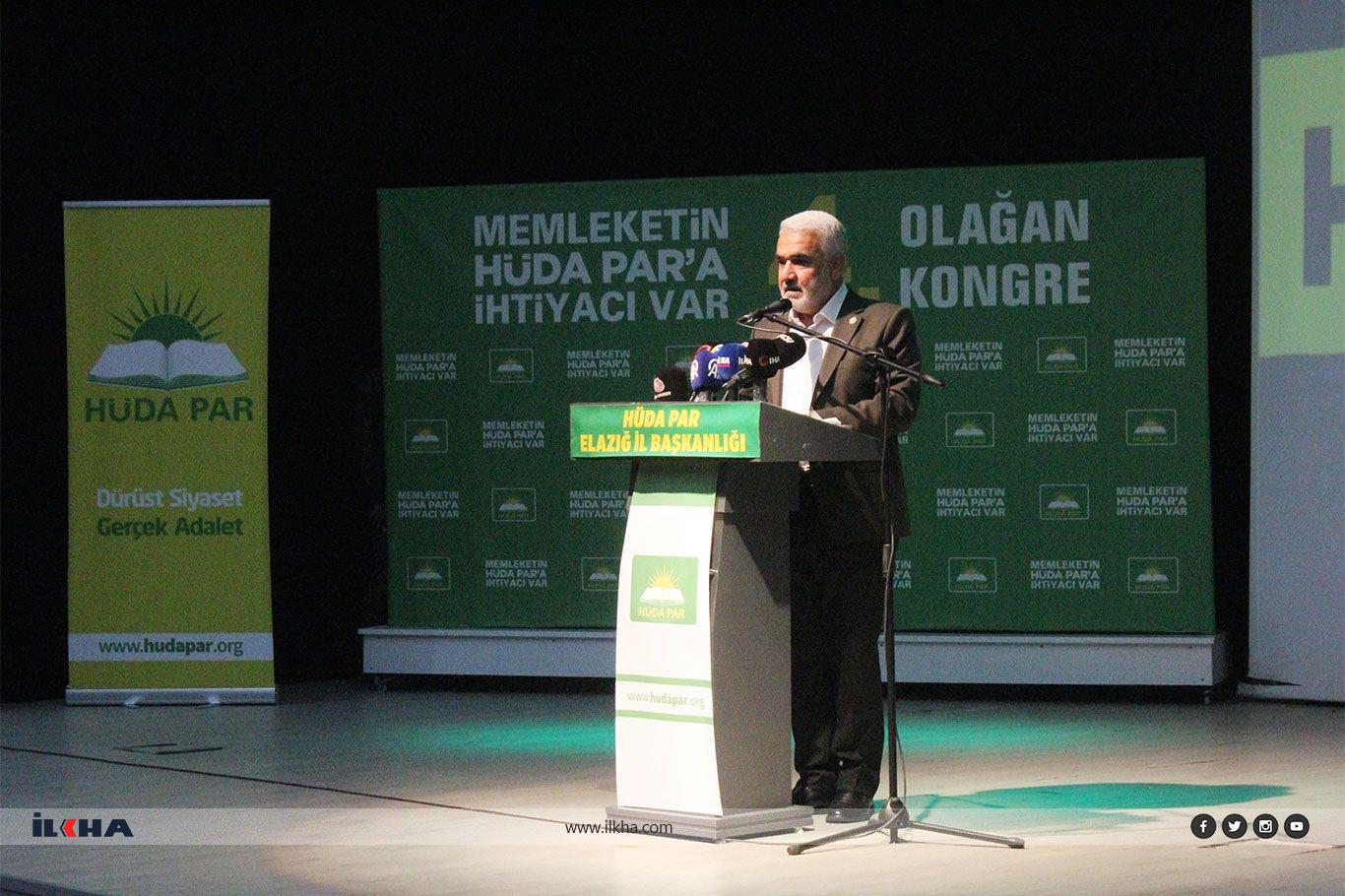
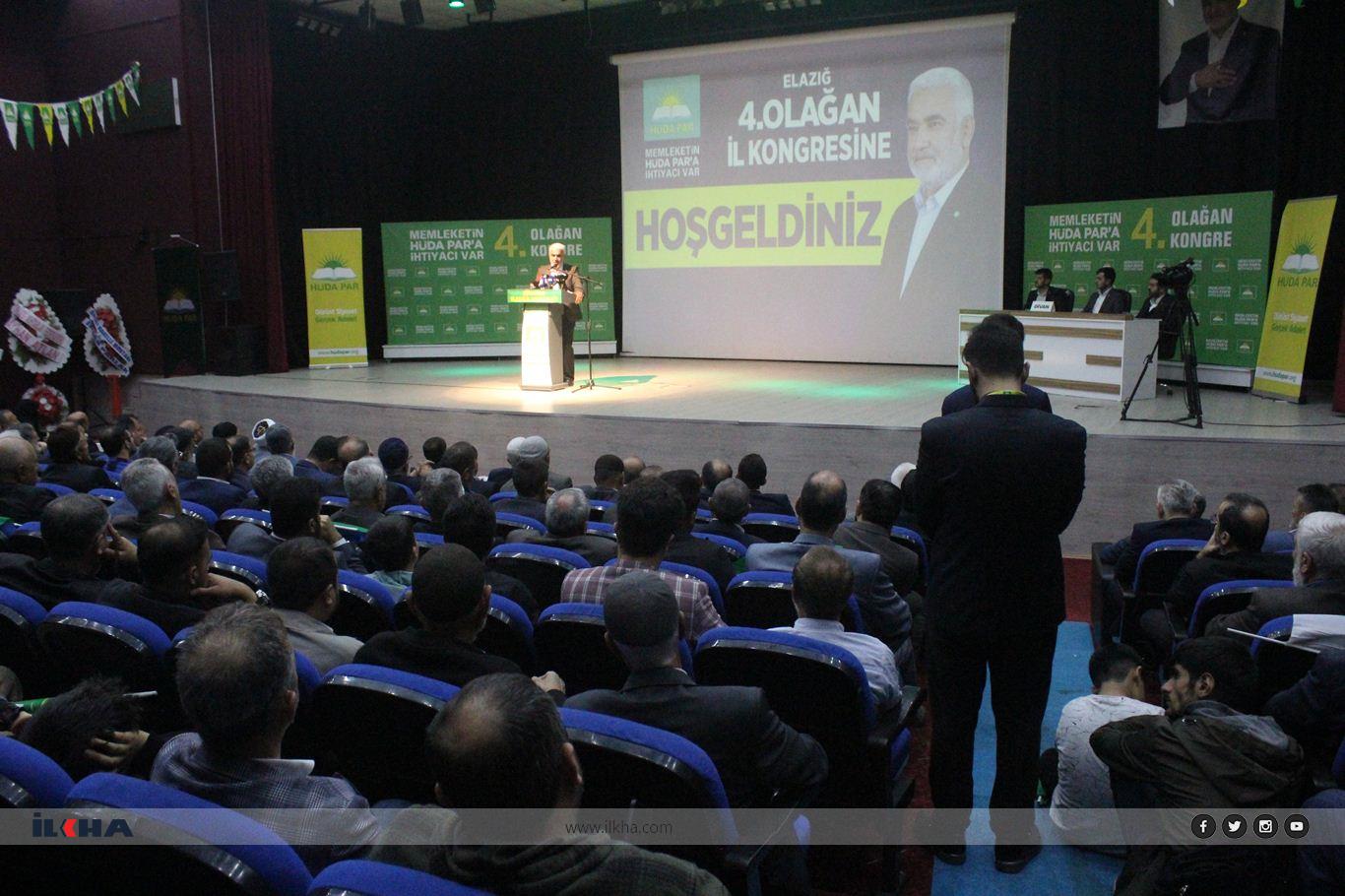



 Güncel
Güncel
 Dünya
Dünya
 Güncel
Güncel
 Dünya
Dünya
 Güncel
Güncel
 Güncel
Güncel
 Güncel
Güncel
 Güncel
Güncel
 Güncel
Güncel
 Dünya
Dünya





